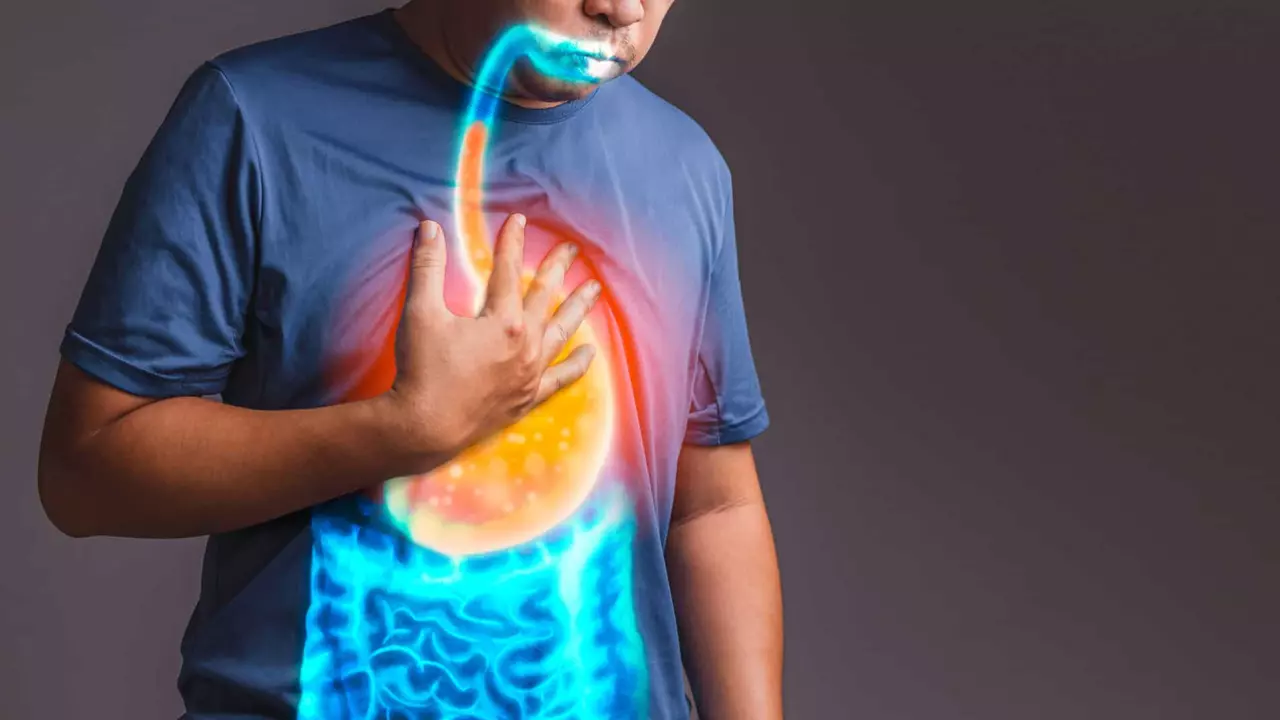Understanding GERD Symptoms: What They Are and Why They Matter
If you’ve ever felt that burning sensation in your chest after a meal, you’re not alone—acid reflux is super common. But when these episodes happen often and start to disrupt your daily life, it could be GERD, or gastroesophageal reflux disease. Knowing what GERD symptoms look like can save you from bigger problems down the road.
Heartburn is the classic GERD symptom—it feels like a fiery discomfort right behind your breastbone. This usually kicks in after eating or when you lie down. But watch for other signs too: regurgitation (when stomach acid comes back up your throat), a sour taste in your mouth, or even trouble swallowing. Sometimes, people complain about a chronic cough or hoarseness, which might surprise you as GERD-related symptoms.
Why These Symptoms Happen
Think of your stomach as a blender that breaks down food with acid. A muscular valve called the lower esophageal sphincter keeps that acid where it belongs. If this valve weakens or relaxes at the wrong time, acid can sneak back up into the esophagus, irritating its lining—that’s what causes those burning feelings and other symptoms.
Some triggers are easy to spot: spicy foods, caffeine, or lying down too soon after eating can all set off GERD symptoms. Being overweight or smoking can also weaken that valve. Knowing what sets off your symptoms makes it easier to manage them.
When Should You See a Doctor?
Occasional heartburn isn't usually a big deal, but if you’re getting it more than twice a week or the symptoms keep getting worse, it’s time for medical advice. Also, if heartburn wakes you up at night, causes chest pain, or you have trouble swallowing, don’t wait. These could be signs of complications that need proper care.
Managing GERD starts with lifestyle tweaks—losing extra pounds, avoiding trigger foods, and eating smaller meals help tons. Sometimes, over-the-counter meds cut the acid and ease your symptoms. But for stubborn GERD, your doctor might suggest stronger treatments or tests. Don’t just tough it out when relief is just a conversation away.
GERD symptoms can be uncomfortable and frustrating, but understanding them is the first step. Keep an eye on your body’s signals and get help if things don’t improve. Simple changes can bring big relief and protect your long-term digestive health.

